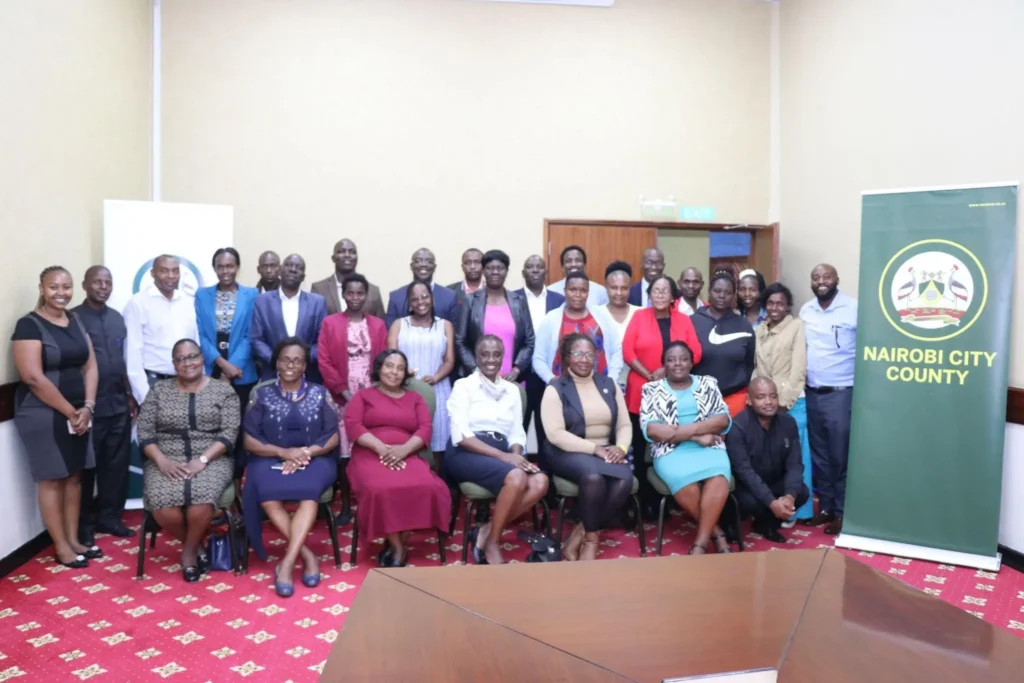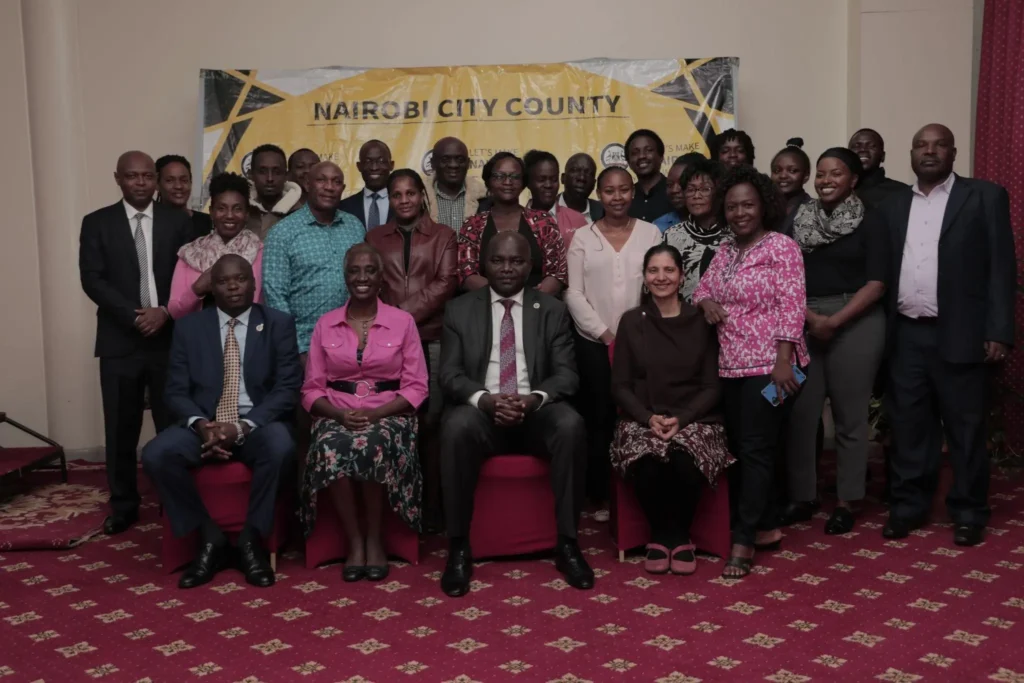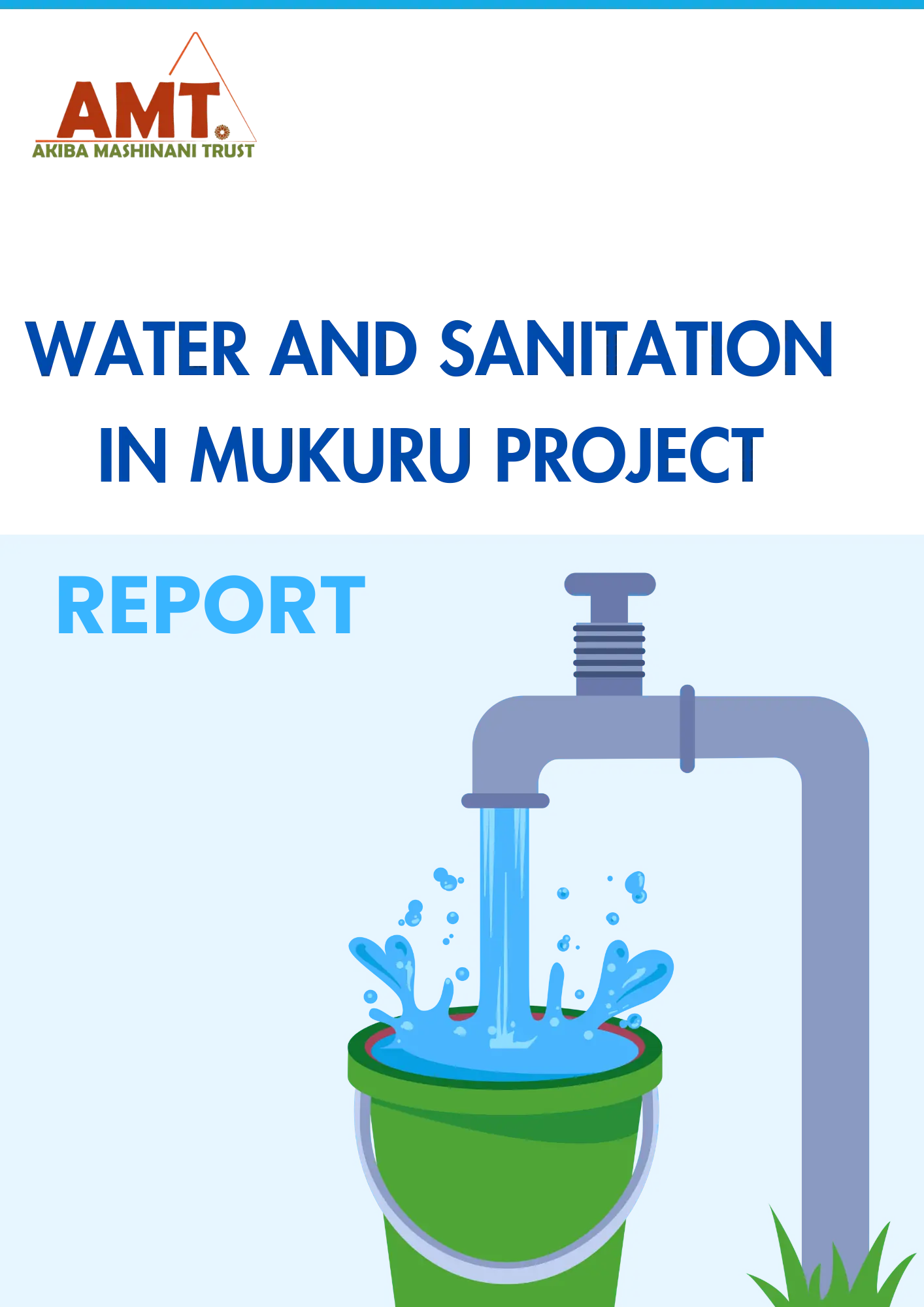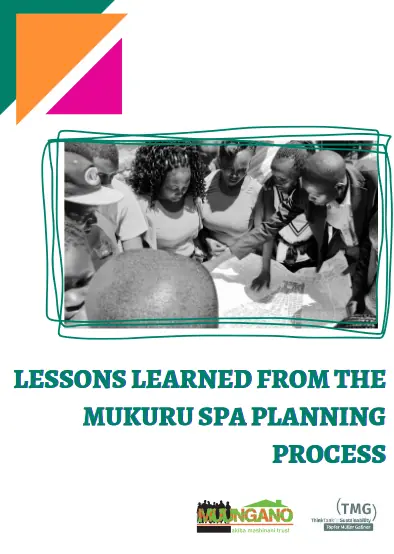Project at a glance
Partners: AMT, TMG Research
This collaborative action research initiative is exploring how to break the cycle of poverty in Mukuru by crafting an adaptable school feeding model tailored to the unique needs of non-formal and community-managed schools.
The challenge
The Mukuru informal settlement in Nairobi has a young and vibrant population with approximately 95,000 school-going children. However, the area faces an educational deficit with just seven public schools serving the entire community. Out of the school-going population, approximately 15,000 children attend the public schools, while 33,000 go to poorly resourced non-formal schools. More than half of the area’s school age children (about 52,000) are therefore unaccounted for. It is unclear whether this is due to high drop out rates or if a significant number of children attend school outside the settlement. However, these findings reveal that around 85% of children – many representing the poorest households – are currently not accessing formal school feeding programmes for the community.
Recognizing the pivotal role of school feeding programmes in improving attendance rates and enhancing health and learning outcomes, TMG Research and AMT have embarked on a collaborative action research initiative with Mukuru residents, the County Government of Nairobi, and the Ministry of Education. The aim is to explore how to break the cycle of poverty by crafting an adaptable school feeding model tailored to the unique needs of non-formal schools in Mukuru. The project is implemented as part of the overarching Mukuru SPA Implementation Phase.
What the project aims to do
Article 43 (c) of the Kenyan Constitution provides that every person has the right to be free from hunger and to have adequate food of acceptable quality, while article 53 (1) (b) (c) stipulates that every child has a right to free and compulsory basic education, basic nutrition, shelter and healthcare. As such, this research involves the residents of Mukuru as rights holders and the County Government and Ministry of Education as key stakeholders in the education sector.
The project aims to achieve the following objectives:
- Collaborate with the Nairobi City County Government (NCCG) and the Ministry of Education (MoE) to conduct action research and establish a baseline for all non-formal schools in Mukuru.
- Work with non-formal school management, NCCG, and the MoE to develop a school feeding model specifically tailored for non-formal schools
- Establish the necessary infrastructure and operations for a pilot school feeding kitchen catering to early childhood centres and non-formal primary schools.
- Continuously monitor, evaluate, and document the management, operations, and impacts of the pilot school feeding model, drawing valuable lessons for ongoing improvement and sustainability.

Participants from NCCG, AMT, TMG Research, and Mukuru Residents during an inception meeting on the School Feeding Programme at the Panari Hotel in Nairobi.

NCCG and Partners at Panari Hotel discussion on the MoU



